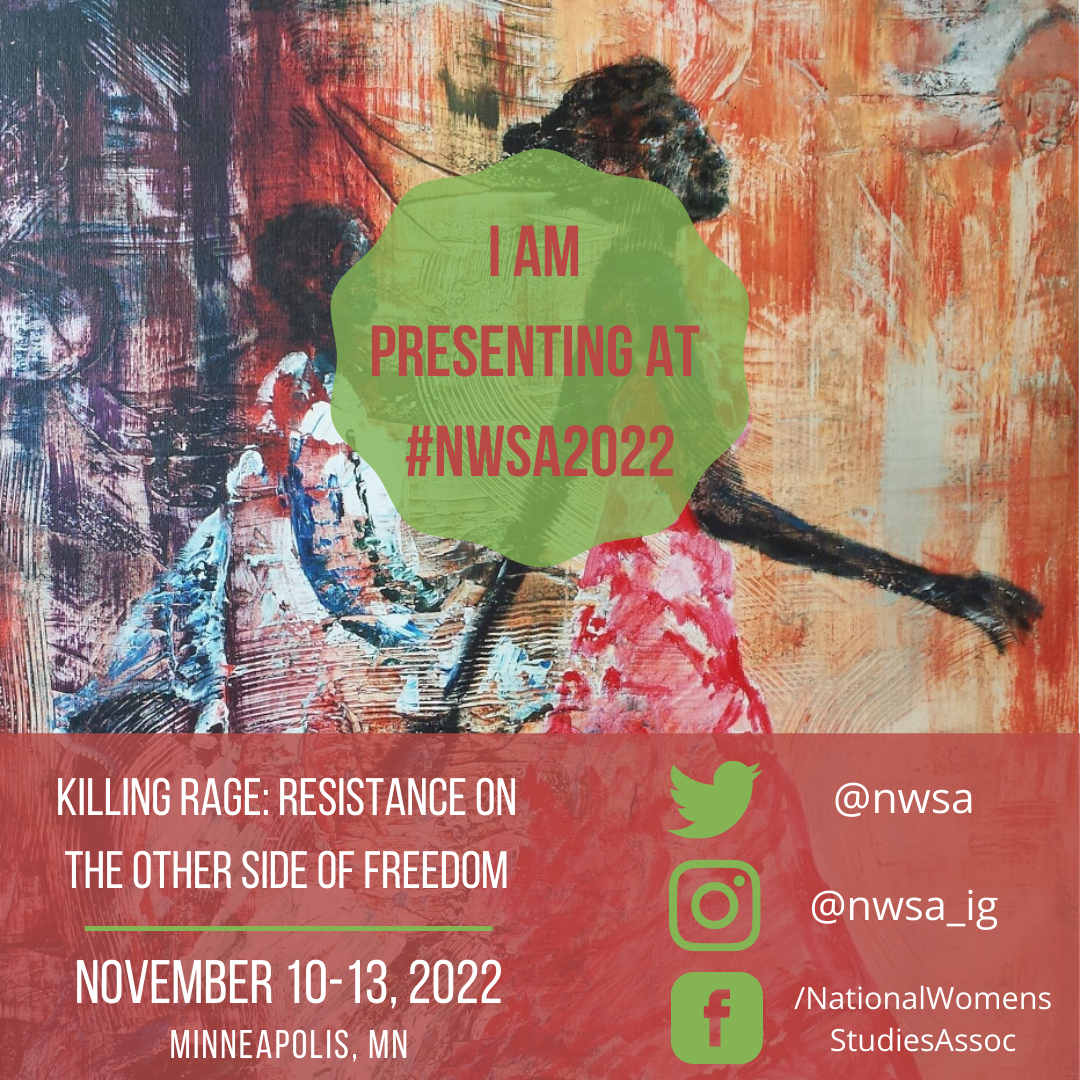
Mothering Disability Panel
In this panel, four scholar-mothers reflect on the harms mothers experience at the hands of the institutions and systems meant to serve their children with disabilities. Through ethnography, personal storytelling, analysis of policy history, and philosophical analysis through the lens of epistemic injustice, we examine interactions of mothers with healthcare, education, insurance and disability service systems. We make visible the emotional, cultural, and epistemic labor erased and exploited by these systems and the harms mothers experience navigating these stigmatized spaces. We reclaim and honor the critical role of mothers in the care and care-coordination of children with disabilities. Drawing on Feminist Disabilities Studies, DisCrit, and Black Feminism, our panel is informed by scholars such as Patricia Hill Collins, bell hooks, Njoki Wane, Delores Mullings, Paul Adjei, Subini Annamma, David Connor, Beth Ferri, Alison Carey, Rosemarie Garland-Thomson, Nancy Hirschmann, and Alice Wong.
“More Jobs Than Hands: Revisiting Collins’ Controlling Images through the Lens of Mothering and Disability” by Dionne Bensonsmith
This paper will examine the three controlling images (Mammy, Matriarch, and Welfare Queen) discussed by Collins in Black Feminist Thought through the lens of Black motherhood and parenting children within the stigmatized space of childhood mental illness. Through the use of personal ethnography and the analysis of policy history, this paper analyzes the parallels between negative constructions of Black motherhood and beliefs about mothers of children with mental health conditions, and analyzes the intersections between race, gender, public policy, and stigmatized constructions of motherhood.
“Epistemic Exploitation and the Appropriation of Mother-Labor” by Tammy Nyden
Mothers of children with severe mental illness are often gaslit into thinking that their inability to secure adequate services for their children is an individual parental failure, when in fact, various systems meant to serve such children not only fail to make needed services available, but structurally exploit, appropriate, and erase mother-labor. This paper will examine examples of epistemic exploitation and labor-appropriation by insurance companies, Medicaid, and disability services. This paper will argue that such failures to provide care are not only social injustices for children with mental illness, but epistemic injustices for the mothers who care for them.
“Mothering at the Intersection of Blackness and Disability” by Jacqui Getfield
What does it mean to mother a “problem”? What does the label “at risk” mean for Black mothers who are thought to reproduce problems, and who are themselves thought to be a part of the “problem?” These are just some of the questions to be explored as I analyze findings regarding how seven Black women engage with and are disengaged by educators as they perform as agents on behalf of their children in public schools across Ontario, Canada.
“Contingency Plans, Anticipatory Grief and Ambiguous Loss” by Kirsten Isgro
Through a critical-historical lens, this paper explores how the legacy of eugenics as social control and “public hygiene” informs parenting experiences in an ableist world. Grappling with their role as gatekeepers, agents for and advocates against disablism, parents/caregivers of children with disabilities, while not themselves disabled, are precariously positioned between able bodied and disabled. Their lives are highly governed by the needs, practices and expectations dictated by various institutions, often resulting in peril and distrust. Through interviews and historical documents, the research explores how caregivers are simultaneously valorized and vilified, by association they are complicit, stigmatized, and disenfranchised by ableism.